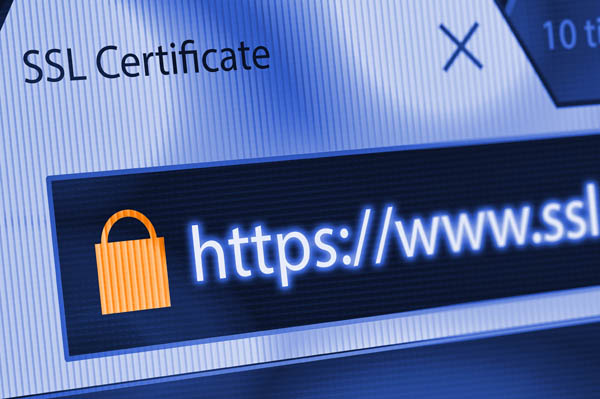Security – Let’s talk about that.
With today’s cyber threats Security for your website is very important. We have to make sure we are constantly being vigilant when filling out forms. Be careful when entering our personal information, and online shopping. Online banking, social media, and browsing the internet are all things to be aware of. I’m exhausted already!
All of us go through numerous precautions to protect ourselves from identity theft. There are scams and virus concerns. What about fraud and hackers? The list is endless. But are we doing everything to protect our businesses and our customers?
1. WEBSITE UPDATES – It is no surprise that there seems to be a new version of everything. Look at your cell phone for instance. By the time you learn how to use your brand new smart phone, it’s already obsolete. The latest and greatest replacement is entering the market. Well website software is no different. Platforms like WordPress, Squarespace and Tumblr, themes such as iThemes or WooThemes, plugins like Gravity Forms, all release updated versions frequently that add features and fix any bugs or security risks that have been caught. Ensuring you take the time to update your software regularly is vital.
2. PASSWORDS – Now this should be a no-brainer that you need to choose difficult passwords to prevent hacking. But what you might not be aware of is that you also need to be changing your passwords about every 6 months or so. Between personal and business I have a hard enough time coming up with different passwords, let alone remembering them. Password Managers like LastPass can help generate passwords for you like %fvP20?*hYq247 and can even change your saved passwords automatically as often as you choose. This eliminates all of the headaches and stress that comes with forgetting a password and helps keep every login password and username that you have protected.
3. DEFAULT SETTINGS – The majority of computer programs that we all use on a regular basis come with standard default settings for those of us that are not as technically inclined. Unfortunately, those technically inclined individuals that develop viruses to hack and steal our information also know this and formulate automatic programs around default settings as a gateway into your life and business. So, take an extra ten minutes and go change any default settings.
4. BACK UP YOUR WEBSITE – It is always a smart idea to make backups of your work so you don’t loose everything that you have done. Just like saving a document to your desktop after you are done, except you are making a copy of your website and storing it in case something happens. Backups should always be done before and after updates and adding or changing content. Protecting your site from any possible mishaps or breaks! Things do happen, so make sure you are protecting your website. BackupBuddy is a quick and easy way to back up your website.
5. WEBSITE SECURITY PROGRAMS – More than likely you already have a security program on your computer like Norton Anti Virus or Web Root to protect your personal computer from viruses so why wouldn’t you want to protect your website? Programs like SiteLock, Sucuri and Acunetix scan and protect your website against possible threats.

6. SSL – Secure Sockets Layer (SSL) certificates are one of the most effective ways to secure your website information. Every web address (URL) starts with http://somewebsite.com. When a company adds an SSL certificate to secure their website it changes that url to https://somewebsite.com, which lets you know the site you are about to put your credit card information on to order that cute pair of boots you have been eyeballing is safe. SSL’s used to be recommended for any website that has sensitive information entered like online stores. However, Google’s changes recommends every site have an SSL for added security web wide and even uses this additional security certificate when determining where a website shows up within Google searches.
Nothing is 100% secure and never will be. But by using these 6 security tips, we can choose to make as many precautionary measures as we can to try and prevent the never ending battle of cyber threats that come our way.
These 6 security tips should be standard practices for your website management, if not, let us help.
Updated September 2018





Select Mkt says
Lindsey, great feedback regarding website security. Thank you for your input!
Lindsey John says
Great tips! Regular updates, strong passwords, and SSL certificates are must-haves for any site. I also love the recommendation to use backup solutions and security programs like Sucuri and SiteLock. Keeping security a priority is key in today’s digital world. Thanks for sharing!
strona autora says
hello!,I love your writing so a lot! share we communicate more
approximately your post on AOL? I need a specialist on this space to resolve my problem.
Maybe that’s you! Taking a look ahead to look
you.